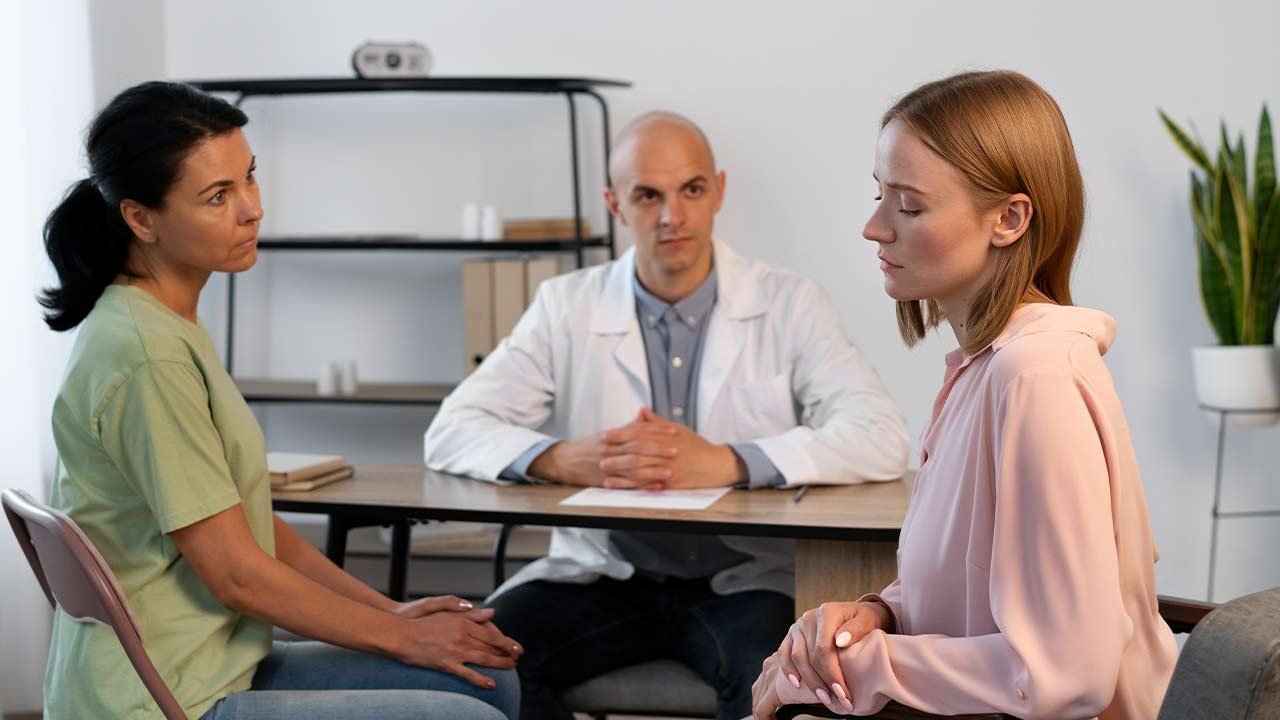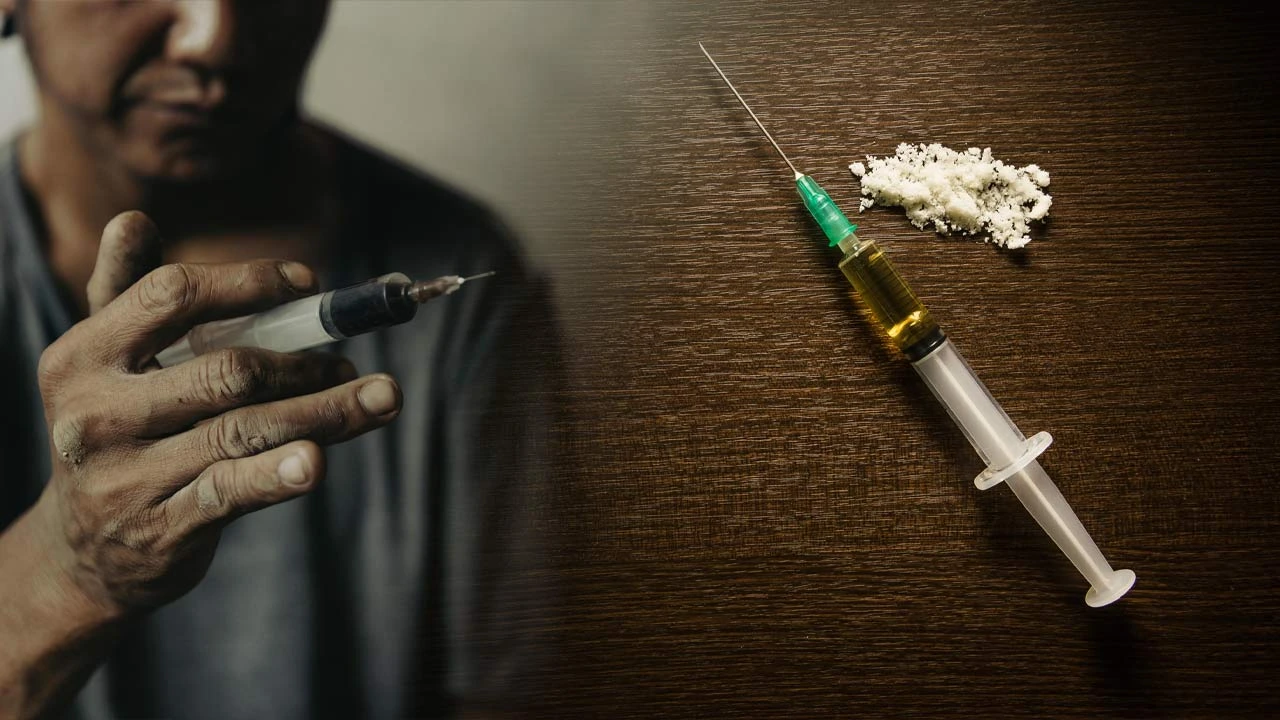Depression is just not about being sad or lonely. It is more than that. Depression is a serious mental health condition characterized by persistent feeling of sadness and hopelessness which significantly impacts an individual’s overall well- being and the general quality of life. Depression is clinically termed as ‘Depressive Disorder’. Depression affects millions of people each year, making it a leading cause of concern globally.

This mental health disorder not only affects the individual, but destroys the family, hampers workplace, and creates a daunting challenge for the society to deal with the problem. However, with the early diagnosis and treatment at the right mental hospital, symptoms of depression can be managed leading to positive results.
This article will delve into depression, along with its symptoms, types, treatment and management options, and why “Athena Behavioural Health” the best rehabilitation centre for depression in India is the ideal choice for quicker recovery. This will help you to make an informed choice and visit the right centre for help.
Symptoms of Depression
Depression typically ranges from mild to severe symptoms, based on individual differences, and can persist for at least two weeks to months. The symptoms may vary depending on an individual’s age, gender, and cultural factors. For example, women may experience emotional outbursts, whereas men may experience aggressiveness, anger issues, or irritability rather than sadness. These can impact a person’s relationships, career, and physical health. The most common symptoms are:
1. Emotional Symptoms:
- Prolonged feeling of sadness or hopelessness.
- Irritability or aggressiveness.
- Persistent feeling of guilt or worthlessness.
- Loss of pleasure or interest in activities once enjoyed.
2. Cognitive Symptoms:
- Attentional deficits.
- Difficulty in concentration, reasoning, and making decisions.
- Recurrent thoughts of suicide, death, or self-harm.
3. Physical Symptoms:
- Changes in appetite.
- Weight loss or weight gain.
- Sleep disturbances.
- Fatigue, nausea, or decreased energy.
- Body ache, chest pain, or stomach cramps.
Types of Depression
Depression manifests in various forms, depending on the chronicity and severity of the condition. Understanding the types of depression is essential for effective intervention and treatment. Some common types are:
- Major Depressive Disorder (MDD): Characterized by low levels of mood and loss of interest in pleasurable activities, with symptoms lasting most of the day for at least two weeks.
- Persistent Depressive Disorder (PDD): A chronic form of depression with similar symptoms consistently lasting for two years or more.
- Postpartum Depression (PPD): Occurs in women after childbirth, marked by feelings of sadness, anxiety, and loss of energy.
- Seasonal Affective Disorder (SAD): Related to changes in seasons and occurs during winter months due to reduced exposure to sunlight.
- Premenstrual Dysphoric Disorder (PMDD): Affects females during menstruation, causing symptoms like irritability, low mood, and nausea.
- Situational Depression: Triggered by specific life events, such as the loss of a loved one or major life transitions.
Treatment and Management of Depression
Depression often requires help from a psychiatric hospital for effective treatment and management of symptoms and to control the severity of the condition. Primary treatment and management options used in a rehabilitation centre for depression include:
1. Psychotherapy Treatment at a Psychiatric Hospital
- Cognitive Behavioural Therapy (CBT): Helps identify and challenge negative thought patterns, replacing them with healthy coping methods.
- Dialectical Behaviour Therapy (DBT): Focuses on emotional management, interpersonal skills, and resilience.
- Interpersonal Therapy (IPT): Addresses concerns within personal relationships and family dynamics.
2. Medication Management for Depression
Antidepressants such as selective serotonin reuptake inhibitors (SSRIs) and tricyclic antidepressants (TCAs) are often suggested for patients with depression. Medications should only be taken under the close observation of a psychiatrist at a mental hospital to minimize side effects and improve the efficacy of the patient.
3. Lifestyle Changes for the Treatment of Depression
Adapting to healthy lifestyle modifications such as regular physical exercise, maintaining a balanced diet, and sufficient sleep often helps manage mood and reduce symptoms of depression. Stress management techniques such as mindfulness practices, yoga, and meditation are also often taught in a rehabilitation centre.
4. Complementary Therapies in a Mental Hospital
Holistic therapies along with medication are used in a mental health clinic for the treatment of depression. These include art therapy, music therapy, and animal therapy.
5. Support Group Programs at a Psychiatric Hospital
Support group networks create a sharing environment where individuals with similar experiences share their challenges and ways to overcome them, providing emotional support and reducing the feeling of loneliness.
Make the Right Choice: Choose Athena Behavioural Health at the Best Rehabilitation Centre for Depression
Ever worried about how to find the best rehabilitation centre for depression in India? Athena is just a doorstep away. Athena Behavioural Health in Delhi, NCR, India, is a premier mental healthcare clinic providing 24/7 compassionate care and treatment. ABH has a team of experienced psychiatrists, psychologists, and social workers who collaboratively work to design a personalized treatment plan catering to each individual’s unique needs. Athena also includes other holistic approaches such as cognitive behavioural therapy (CBT), dialectical behaviour therapy (DBT), mindfulness practices, yoga, and music therapy to address the root causes of mental disorders. Located in a serene and protected environment, Athena fosters faster recovery.
ABH ensures that families remain engaged throughout the treatment of their loved ones by organizing family therapies such as counselling and psychoeducation sessions to equip them to provide ongoing support and love. Aftercare programs such as follow-up therapy sessions and support group discussions are also offered to ensure long-term stability and reduce the risk of relapses.
Conclusion
Depression is a devastating mental health disorder that not only destroys the patient but also the family as a whole. With the right treatment program at the best mental hospital for depression, one can reclaim their lives and achieve long-term well-being. Athena Behavioural Health stands as an organization of hope and healing for those seeking rehab centre for depression treatment. If you or your loved one is suffering from depression, do not hesitate to seek help and immediately visit the rehabilitation centre for depression treatment. Recovery is in your hands. Choose Athena BHS and receive a renewed hope, encouragement, support, and a brighter future.





